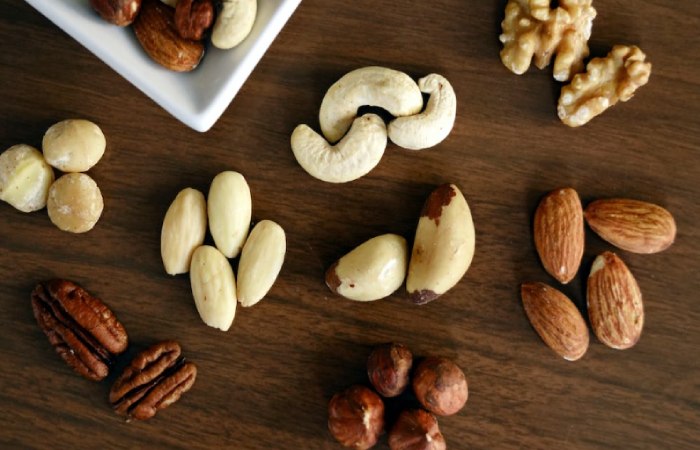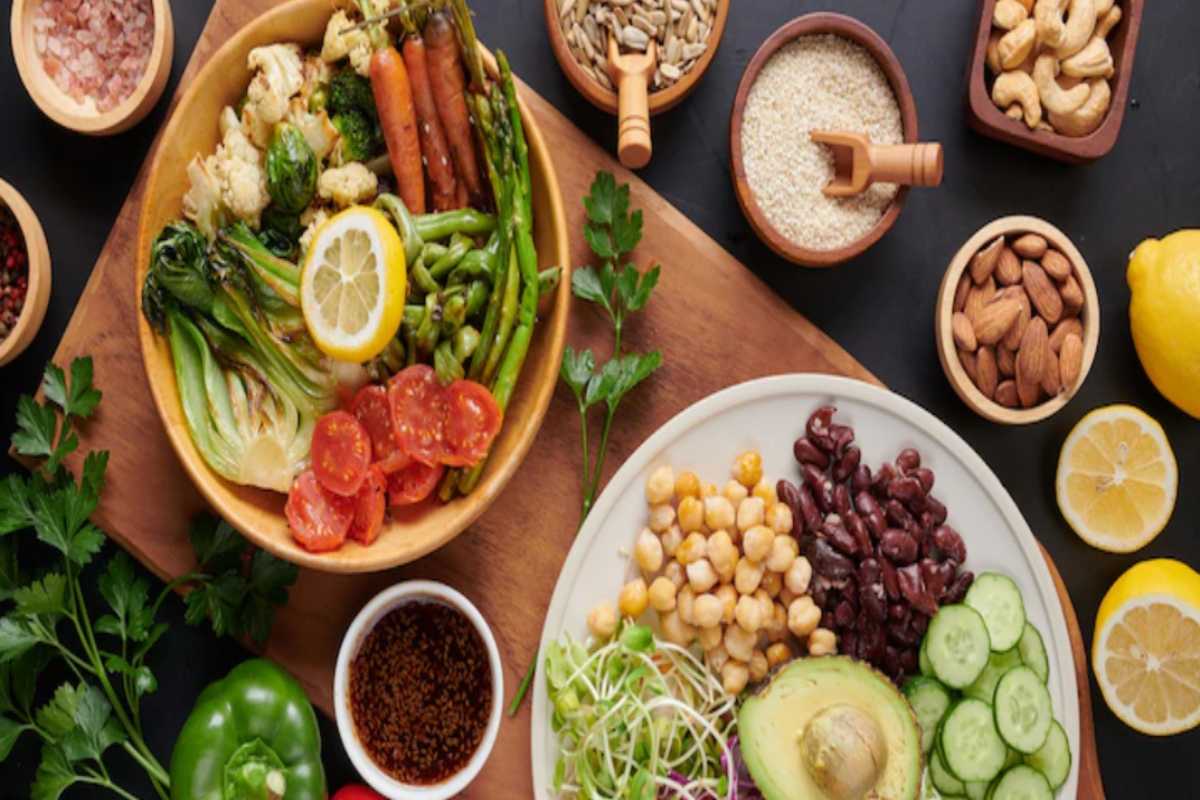Table of Contents
What is a Vegetarian Diet?
Vegetarian diet is a type of diet that excludes the consumption of animal flesh. It is essential to know that there are different types of vegetarianism:
- Being ovo-lacto-vegetarian means that you do not eat meat or fish but still consume eggs, dairy products and other products from animal exploitation such as butter and cream.
- Pesco-vegetarianism means that you only remove meat from your diet and still eat fish. In general, you are a Lacto-pesco vegetarian.
- Ovo vegetarian means that you cut out meat, fish and dairy products, but you still eat eggs.
- Being lacto-vegetarian means that you no longer consume meat, fish or eggs, but you keep dairy products.
Finally, being a flexitarian means eating meat and fish from time to time. Some people think this is also a form of vegetarianism because of the animal flesh diet.
Is Vegetarian Diet Good for Your Health?
If you want to eat greener, become vegetarian in order to veganize your nutrition which means simply to eat more fruits and vegetables, whole grains, seeds and nuts. Little by little, you will integrate new foods into your cooking, legumes. For example, you will vary the oils decorate your dishes with herbs, oilseeds, or sprouted seeds.
Vegetarian diet is healthy not because you eliminate meat from your diet but because you consume plants as well. Such reduction in meat consumption becomes a great decision for the planet.
By adding more plant-based meals to your meal-plan, you will be eating larger amounts of water, fibre, vitamins, minerals, micronutrients and antioxidants.Threads are essential. They regulate the transit and process the absorption of nutrients during digestion, prolong feeling satiated, regulate blood sugar and lower blood cholesterol levels. Vitamins, minerals and trace elements are substance that contribute to the performance of our body. Antioxidants are an essential part of the process which help to decelerate cell aging.
Will I Get Enough Protein?
Dairy products and eggs provide delicious quality proteins, so if you eat them regularly, there is no reason why you should not meet your protein needs. In addition, the vegetarian diet is full of other sources of protein:
- Whole grains (wheat, rice, buckwheat, quinoa)
- Legumes (lentils, kidney beans, chickpeas)
- Soy and its derivatives (yoghurt, tofu)
- Tempeh (fermented wheat steak)
- Oilseeds (chia, flax, sesame, pumpkin).
Ministry of Nuts

Ministry of nuts is a shop where you can find good dried fruits, Dry Fruits, NutriFix, NutriFix cereals, and exotic dried fruits available here. The food items available at the Ministry of nuts are of good quality, and also Ministry of nuts is one of the best dry fruit shops in India, also available online here.
There are also methods to increase your protein intake quickly:
- Select the right products: for example, cottage cheese and skyr are richer in protein than yoghurt.
- Choose the proper cooking method: the proteins in egg whites become 92% assimilable when cooked. In contrast, the body’s proteins in egg yolks are more assimilable when not solidified. Therefore, favour the fried egg with a runny yolk or the poached egg.
- Combine cereals and legumes
What is Protein Complementation in Vegetarian Diet ?
At the structural level, proteins resemble a string of pearls, each pearl being a sub-part called an amino acid. Animal proteins are of excellent quality because the necklace is complete. It contains all the essential amino acids. While plants tend to have incomplete proteins, a pearl will be missing somewhere in the collar, or an amino acid will not be an insufficient quantity to make a harmonious chain.
It was bare that cereals should be associated with legumes because they complement each other: grains have more pink pearls, which are missing in legumes, and conversely, legumes have more orange pearls, which are missing in cereals to make a complete necklace. Is an image used to illustrate protein supplementation?
Initially, it was supposed that these two foods were joint at each meal, but with hindsight, we realized that combining them in a day was sufficient. Therefore, it is necessary to bring a source of cereals at noon and pulses in the evening.
There is one exception to this rule: soy. Indeed, soy contains proteins very similar to animal proteins. In addition, it includes a considerable quantity of protein, which is why soy foods can replace meat products very well. However, we must be careful not to consume too much because soy contains Phyto-oestrogens. These elements can compete with our hormones and therefore unbalance our endocrine system.
Does the Vegetarian Diet make you Lose Weight?
The word “diet” is used here as a synonym for “type of diet, This means that vegetarianism is not a diet to lose weight. Moreover, we often notice that people who become vegetarians gain a few kilos initially.
Indeed, if the vegetarian diet is not well done, you often find yourself increasing the portion of carbohydrates and decreasing the number of proteins. Can lead to a slight weight gain. However, this is not a general rule. If you balance your meals well and keep a regular physical activity, you have nothing to worry approximately.
A vegetarian transition must be slow and progressive. Remember that it is essential to take your time before anything else. Allows you to avoid creating imbalances in your body and to avoid frustration.
How to Avoid Deficiencies?
To avoid deficiencies in the vegetarian diet, you must start by making sure that you do not already have any. In many cases, a woman with an iron deficiency is often frail. Therefore, it is necessary to verify that you have regular blood work before starting a new diet.
Next, you need to make sure you have a varied diet. Remember to vary your starchy foods: pasta, flour, bread, semolina, patties, potatoes, sweet potatoes, legumes, quinoa. Play with the shapes and textures of foods: purees, sticks, cubes, cakes, spreads—alternate cooking methods to vary the flavours: steamed. Boiled, simmered, marinated, grilled, baked, stewed.
Use the colours of food, fruits, and vegetables that contain a wide variety of pigments with mighty antioxidant power. The more colours you have on your plate, the less likely you will be deficient.
Concerning iron, plant foods contain iron that is called non-heme iron. Its characteristic is that it is less bioavailable, which means that the body less well absorbs. Vitamin C enhances the absorption of iron in food. The key is to eat vitamin C together with an iron-rich food. For instance, you can toss a lentil salad with lemon juice.
The changing of your eating habit cannot be stress-free if you are not supported by a professional. Reach out to a certified dietitian without a second thought.

